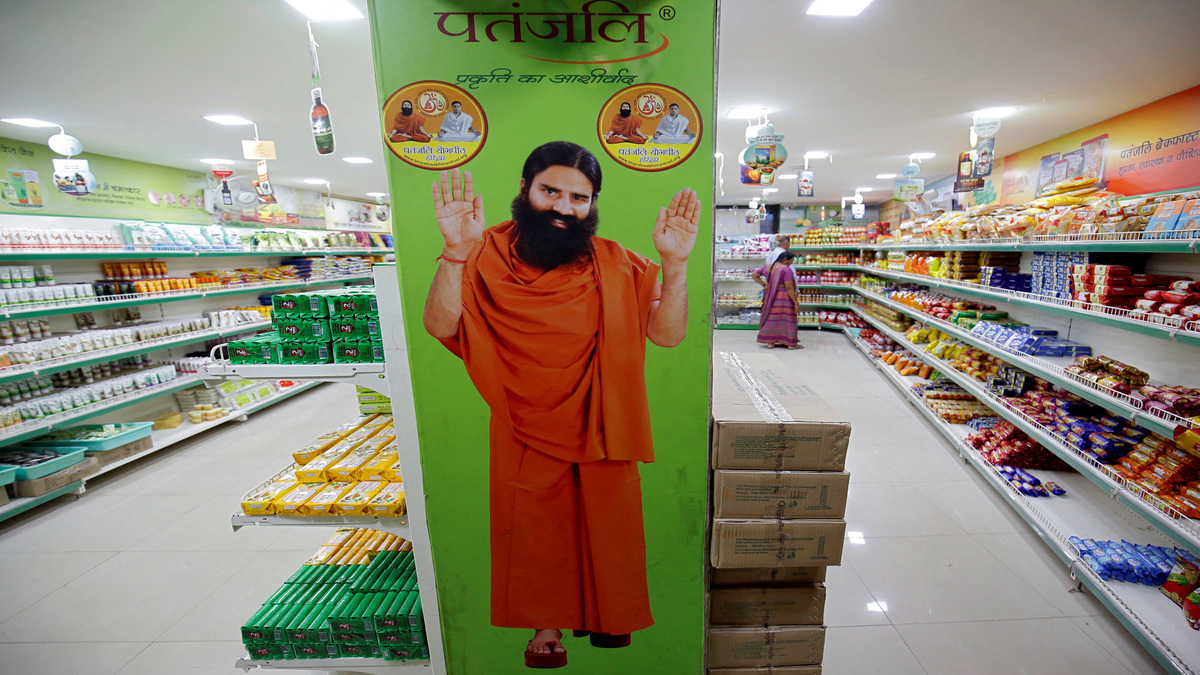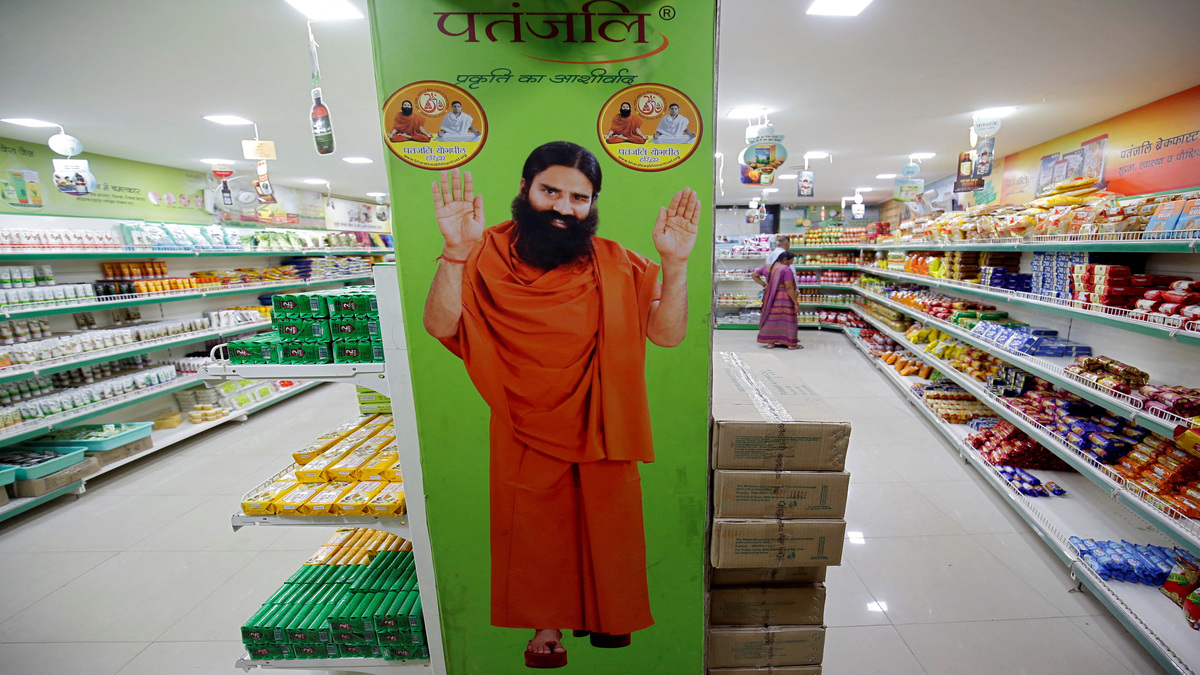The Supreme Court on Wednesday referred to a Constitution Bench the question of whether the data sharing between online messaging service WhatsApp and social networking site Facebook violated privacy of its users. A bench of Chief Justice Jagdish Singh Khehar and Justice DY Chandrachud referred the matter to the Constitution Bench after it was told that the relationship between WhatsApp and its user(s) was that of a contract between two parties with the user agreeing to the terms and conditions.
The court fixed 18 April as the date for hearing by the larger bench. Petitioners Karmanya Singh Sareen and Shreya Sethi contended that under a new policy, WhatsApp could access, read, share and use the contents for commercial purposes and the same impinged on the privacy of its users. The petitioners said it is the government’s duty to protect the people’s rights under Articles 19 and 21 of the Constitution and safeguard their privacy.
They said private communication between two persons using the online messaging service had to be protected for privacy. During an earlier hearing, the court was told that the government was duty-bound to regulate the online messaging site and the social networking site since interception of phone call without prior government permission attracts prosecution.
Facebook acquired WhatsApp in a $19 billion deal in February 2014. At that time, Facebook had promised that WhatsApp would continue to function as an independent application. At the time of the acquisition, WhatsApp had put up a blog post assuring its users that the privacy policy would not be changed because of the acquisition.
It took about two years for Facebook to succumb and change the privacy policy of WhatsApp, allowing for the sharing of data between WhatsApp and Facebook, in a move that surprised absolutely no one .
The changes were introduced on 25 August, 2016. Users were at that time given a time limit of 30 days to opt out of the new data sharing policy. The sweeping changes allowed Facebook to access device specifications, information from third party app integrations to WhatsApp, the identities of those messaging, and what groups people belonged to. The updated policy also allowed to introduce advertisements from third parties. The changes might have been unfair to the users, but was still legal . Karmanya Singh Sareen and Shreya Seth filed the petition against the data sharing agreement soon after.
Within five days, the Delhi High Court asked the Central Government to respond on the petition , and the data sharing agreement. Chief Justice G Rohini and Justice Sangita Dhingra issued a notice to the government, seeking a response before 14 November 2016. The petition was meant to protect the interests of consumers who would agree to the new privacy policy, without reading the contents of the policy. A similar petition was filed in the United States, with the Federal Trade Commission.
On 15 September 2016, WhatsApp opposed the Delhi high court plea , saying that only the user names and phone numbers were shared with Facebook in practice. The court asked WhatsApp to file an affidavit within five days clarifying their position with regards to the concerns raised by the plea. The privacy policy itself was ambiguous, allowing for multiple interpretations, which is illegal under Indian law .
On 23 September 2016, the Delhi High Court allowed the update to the privacy policy, with one important caveat . WhatsApp was not allowed to share any data it had collected prior to 25 September 2016, with Facebook. The court then directed the Government to look into the matter of formulating regulations on over the top apps that provided alternatives to the facilities offered by telecom service providers.
In the course of the hearing of the matter on 16 January 2016, the court told the petitioners, “It is a private person extending a private service. You take it or leave it — that is your right.” Sareen and Sethi challenged the Delhi High Court’s 23 September order wherein WhatsApp was allowed to roll out its new privacy policy, but said it cannot share data of its users collected up to 25 September, 2016, with Facebook or any other related company.
The Delhi High Court directed that WhatsApp will delete all data of users who chose to opt out of the instant messaging app after ts new privacy policy came into force. “We are… of the view that it is always open to the existing users of WhatsApp, who do not want their information to be shared with Facebook, to opt for deletion of their account.”
The High Court also asked the Centre to consider if instant messaging app and social networking site could be brought under the statutory regulatory framework.
With inputs from IANS


)




)
)
)
)
)
)
)
)